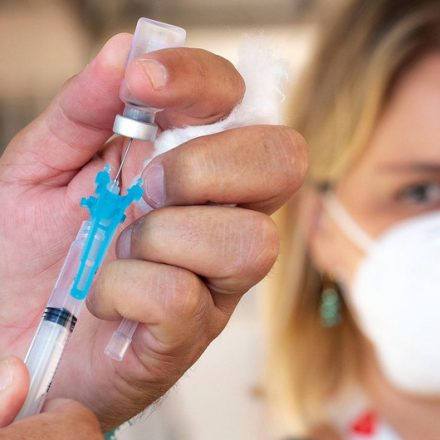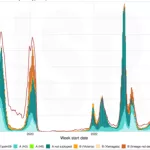Guwahati/Kolkata, India — In a groundbreaking advancement in cancer treatment, a team of scientists from the Indian Institute of Technology (IIT) Guwahati and Bose Institute Kolkata has developed an innovative injectable hydrogel for targeted breast cancer therapy. This cutting-edge approach promises to significantly reduce the side effects associated with conventional treatments like chemotherapy and surgery, particularly for internal organs.
The hydrogel, which serves as a drug delivery system, is engineered to release anti-cancer drugs directly into tumour sites. By minimizing the interaction with healthy tissues, the therapy aims to improve treatment outcomes and patient quality of life.
A Revolutionary Drug Delivery System
Hydrogels are three-dimensional polymer networks capable of absorbing and retaining large quantities of fluid. Their structural similarity to living tissues makes them ideal for biomedical applications. The hydrogel developed by the team acts as a stable reservoir for anti-cancer drugs and releases them in a controlled manner, responding to specific tumour microenvironment conditions.
“This work exemplifies how scientific innovation can directly address the pressing needs of cancer treatment,” said Prof. Debpratim Das from the Department of Chemistry at IIT Guwahati. “The hydrogel’s unique properties allow it to work in harmony with the biological environment, offering precision where it is needed most.”
The novel hydrogel is composed of ultra-short peptides—biocompatible and biodegradable protein building blocks—that remain insoluble in biological fluids. This ensures the hydrogel stays localized at the injection site.
Tumour-Specific Drug Release
The hydrogel is designed to respond to elevated levels of glutathione (GSH), a molecule abundantly present in tumour cells. Upon encountering high GSH levels, the hydrogel triggers a controlled drug release directly into the tumour, reducing systemic side effects often associated with conventional chemotherapy.
Promising Preclinical Results
In preclinical trials conducted on a murine model of breast cancer, a single injection of the hydrogel loaded with the chemotherapy drug Doxorubicin achieved an approximately 75% reduction in tumour size within 18 days. The hydrogel remained localized at the tumour site, steadily releasing the drug over time without causing detectable side effects in other organs.
Further laboratory studies revealed the hydrogel enhances drug uptake by cancer cells, induces cell cycle arrest, and promotes programmed cell death, attacking tumours on multiple fronts.
A Step Towards Safer Cancer Treatments
This advanced delivery system not only enhances drug efficacy but also reduces the required dosage, thereby minimizing toxicity. The hydrogel’s localized action and biocompatibility mark a significant step forward in developing safer, more effective cancer therapies.
The research team is optimistic about the hydrogel’s potential to transform cancer treatment. With further development and clinical trials, this innovative solution could pave the way for a new era of precision medicine, offering hope to millions battling breast cancer.











